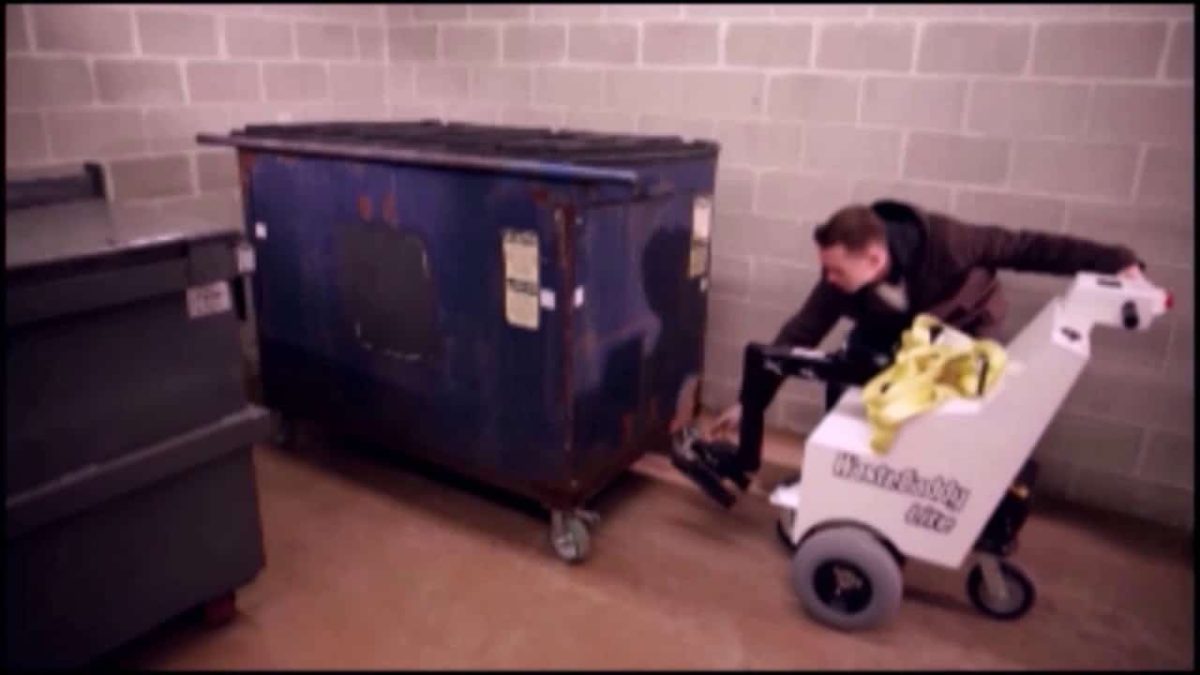 Shunting trailers without the help of terminal tractors can be dangerous. And so can hauling those trailers. In recent studies, long-haul drivers have been shown to be exceptionally at-risk of Type 2 diabetes. Lifestyle, a main risk factor in this chronic condition across the board, is to blame.
Shunting trailers without the help of terminal tractors can be dangerous. And so can hauling those trailers. In recent studies, long-haul drivers have been shown to be exceptionally at-risk of Type 2 diabetes. Lifestyle, a main risk factor in this chronic condition across the board, is to blame.
What is Type 2 Diabetes?
Common in the United States, Type 2 diabetes has experienced a four-fold increase from 1980-2014. Growing in prevalence, this condition affects the way the body produces insulin, limiting its effectiveness in metabolizing sugar.
Drivers Have a Higher Risk of Type 2 Diabetes than Others
A 2010 National Institute for Occupational Safety and Health (NIOSH) study revealed keen insight into long-haul driver behavior and health. Truck drivers have a significantly higher risk of Type 2 diabetes than the average American: 14% of drivers suffer Type 2 diabetes, versus 9.4% of the general population.
What Unhealthy Lifestyle Choices Put Long-Haul Drivers At Risk?
The lonely, sedentary nature of long-haul runs are not conducive to healthy living, nor is eating outside of the home – the only option for drivers on long freight routes. Frequent sleeping away means no or minimal access to healthy, fresh, home-cooked fare.
Tight schedules combined with lackluster rest in strange hotels often increase fatigue and stress, limiting opportunities for exercise. In fact, more than one-quarter of study respondents reported no exercise in the past 7 days. Fifty-one-percent smoked. Sixty-nine-percent were obese (versus 33% of the general population); 17% morbidly obese – 10% higher than the general public. All of these are known risk factors for poor health and diabetes.
Are you safeguarding employees from health issues? Prevent injuries, save time and boost productivity with terminal tractors, the electric yard dog, from DJ Products today.


